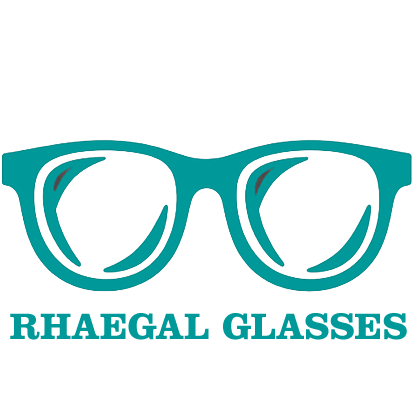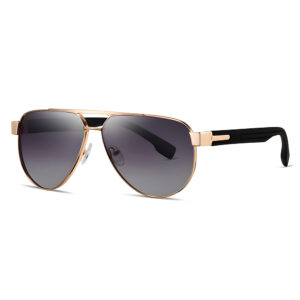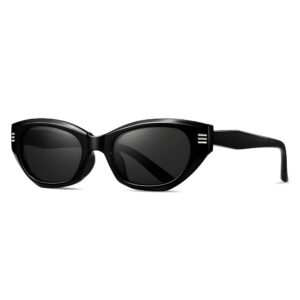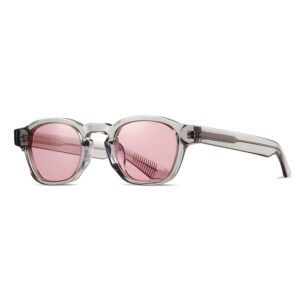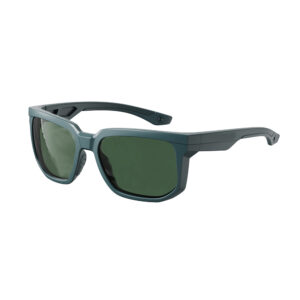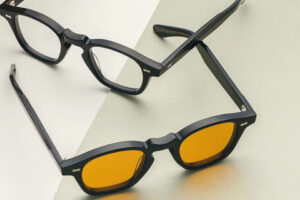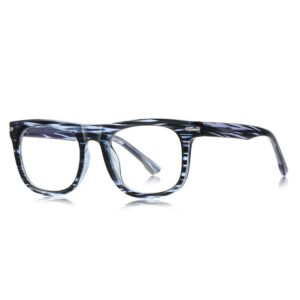
Biznesdagi buyuk ishlar hech qachon bir kishi tomonidan amalga oshirilmaydi. Ular bir guruh odamlar tomonidan amalga oshiriladi. Bizda bu dinamik xalqlar guruhi bor
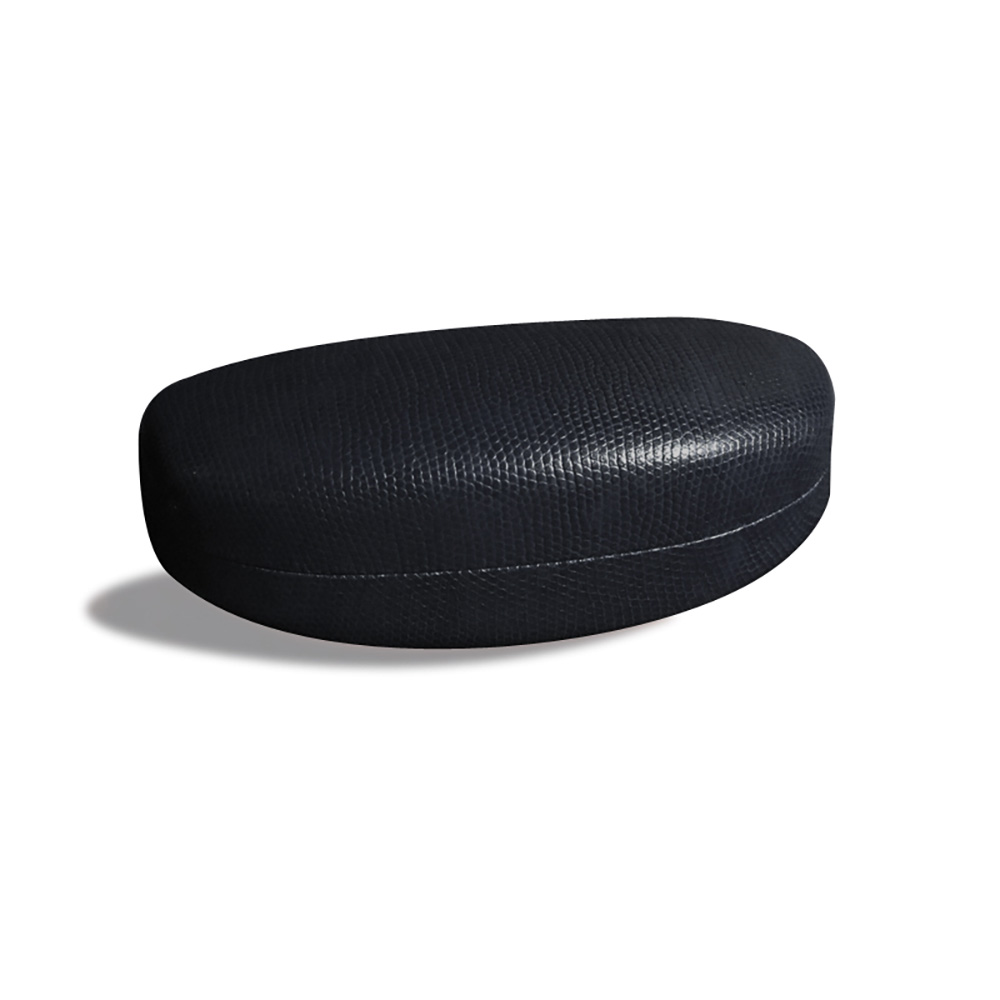
Customized PU Leather Glasses Case Factory
Bosh sahifa WhatsApp elektron pochta koʻzoynaklari, oʻqish koʻzoynaklari Moviy nurli oʻqish koʻzoynaklari fabrikasi, Xitoy oʻqish uchun moviy nurli koʻzoynaklar, Xitoy oʻqish koʻzoynaklari

Wholesale Kids Glasses Case with Strap
Home WhatsApp Email Blue Light Glasses, Eyeglasses Customized Unisex Eyeglasses Frames, Unisex Eyeglasses Frames wholesale, Wholesale Eyeglasses Frames The Problem:
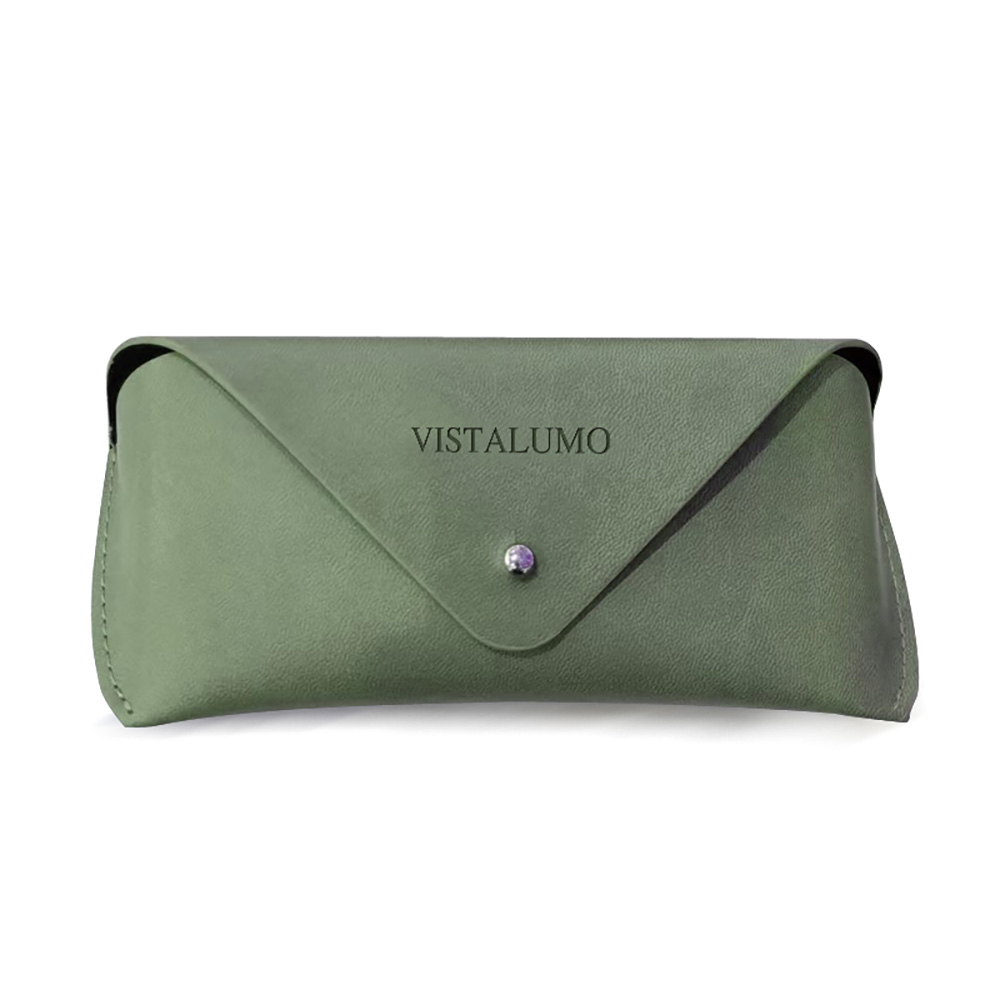
Wholesale Durable Ray Ban Sunglass Case Factory
Bosh sahifa WhatsApp Email Moviy chiroqli ko'zoynaklar, ko'zoynaklar Moviy blokerli ko'zoynaklar Kompyuter, kompyuter uchun moviy blokirovka qiluvchi ko'zoynaklar, maxsus moviy blokirovka qiluvchi ko'zoynaklar
